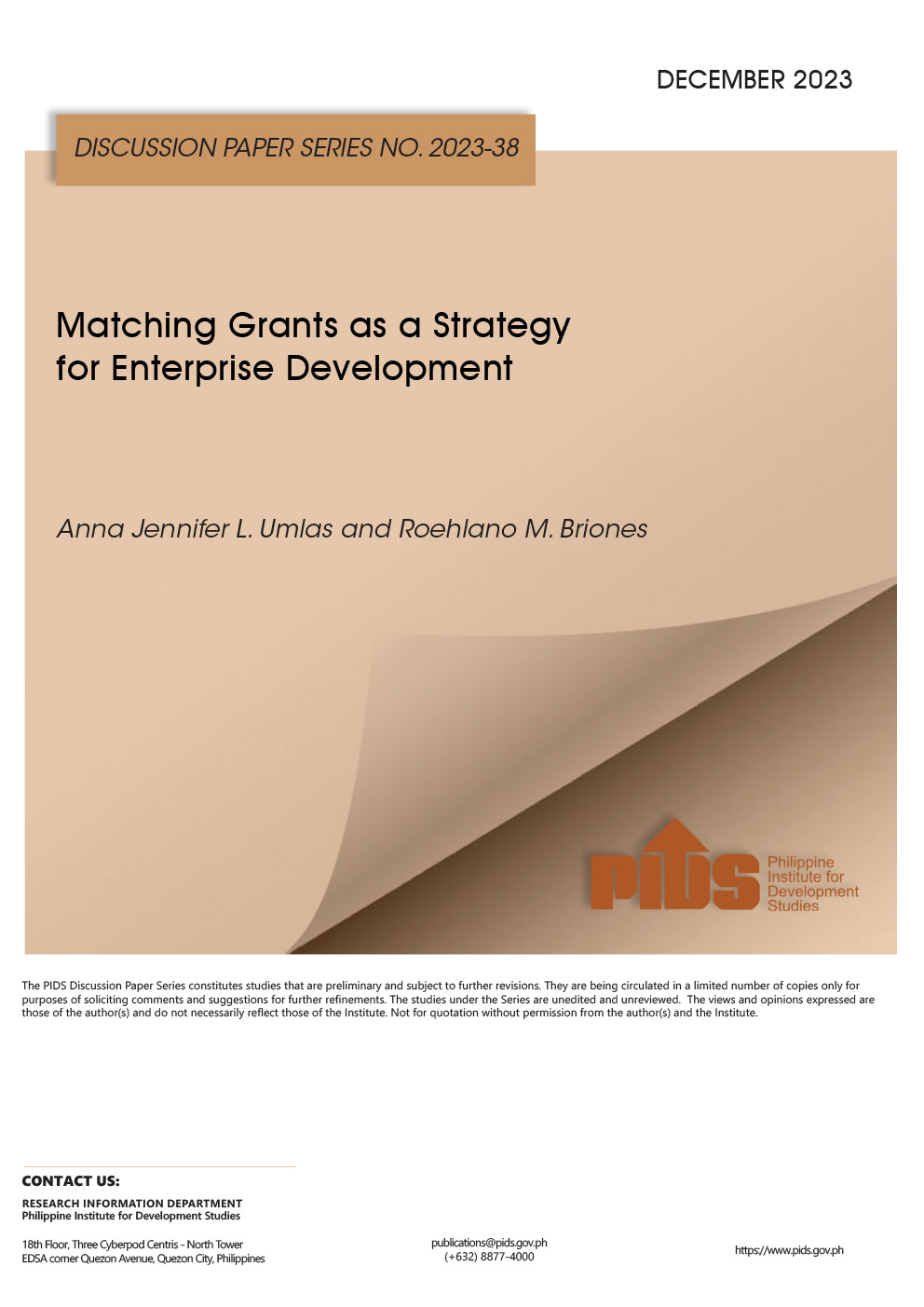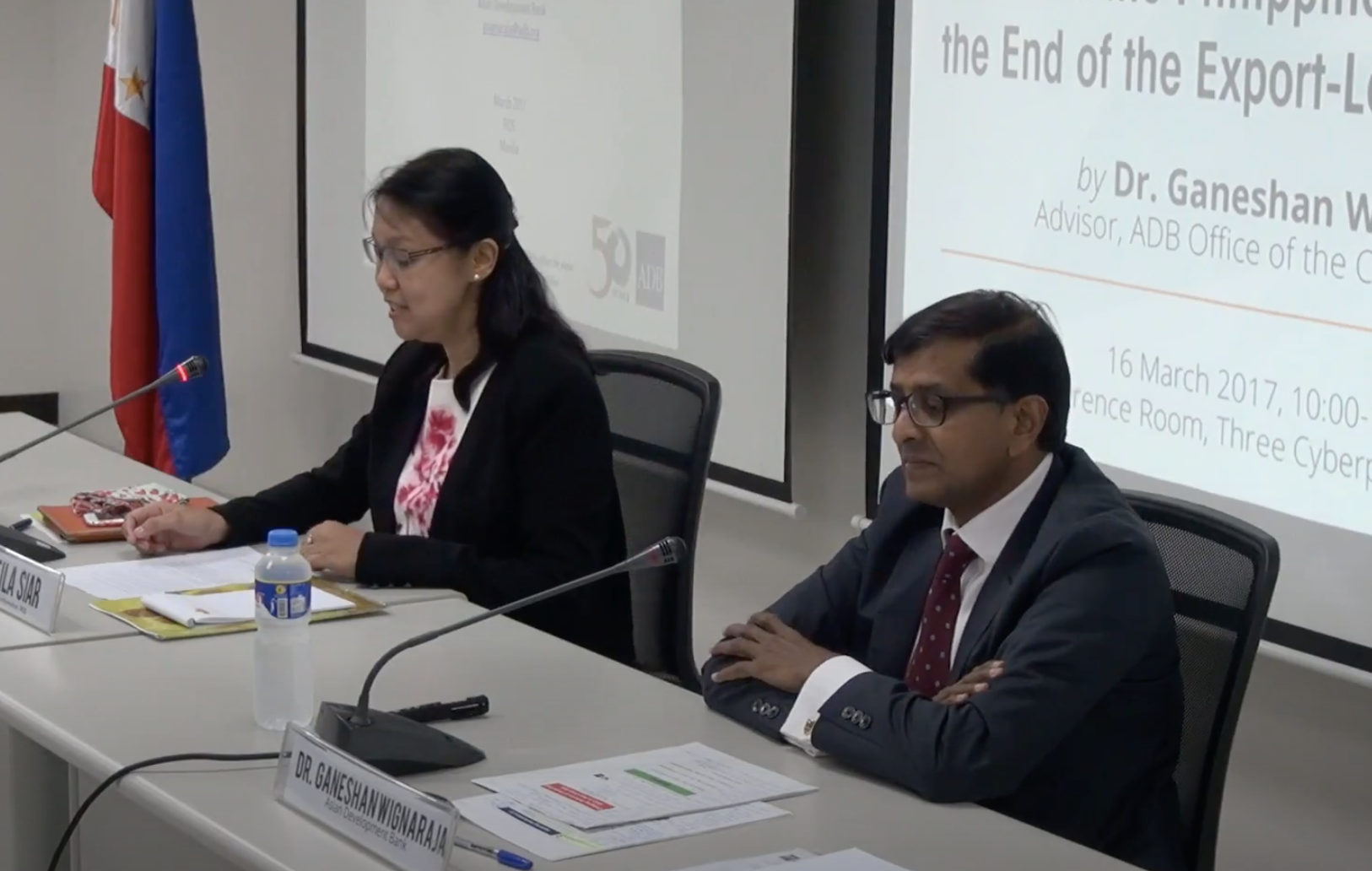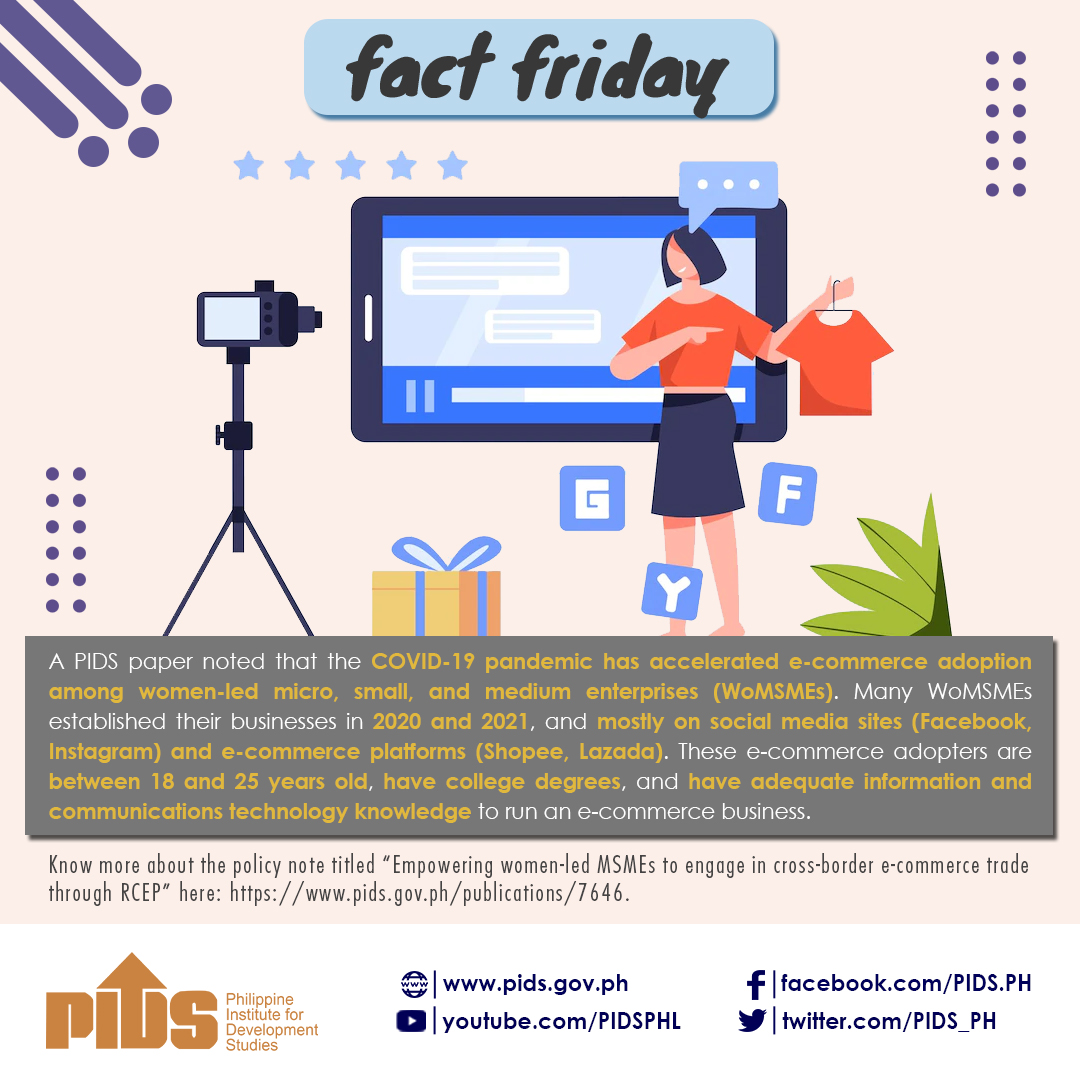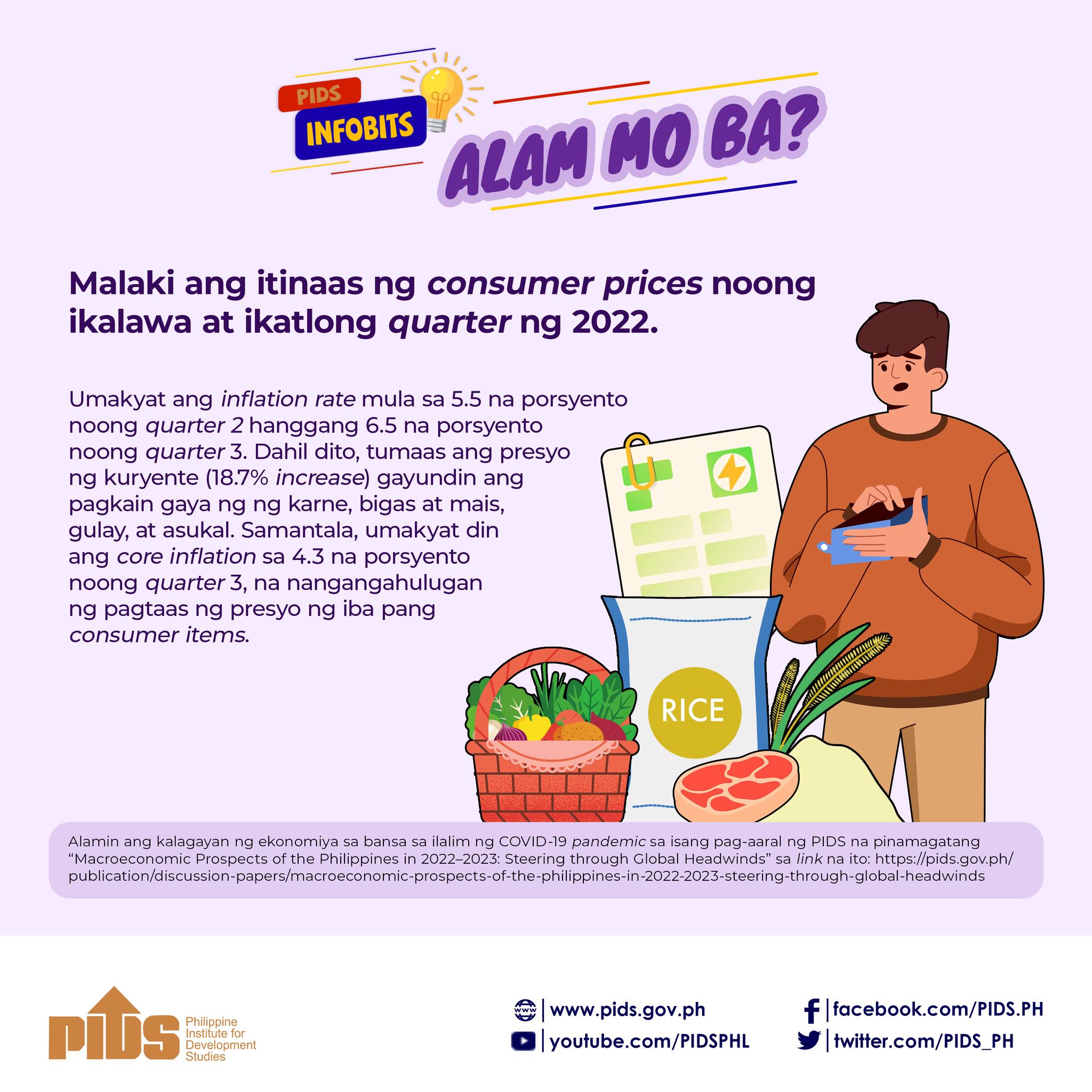MANILA, Philippines– The onion inflation crisis could have been avoided, if the government only allowed the private sector to import when it wanted to.
In a Rappler Talk episode, Dr. Roehlano Briones, senior research fellow at the Philippine Institute for Development Studies, explained that blocking import clearances and not letting the market move accordingly resulted to onion prices climbing to as high as P600 per kilo – almost twice the price of a kilo of beef.
“If the government just conducted business as usual, I don’t think that we would have dramatic increases in price,” Briones said.
The government is able to intervene in the onion trade by issuing sanitary and phytosanitary permits, which specifies quality and sanitary standards of any imported good. While the government can’t usually block imports outright, sanitary certificates can serve as a barrier of importation.
President Ferdinand Marcos Jr. recently approved onion imports through the continuation of the said permits. Farmer groups, however, fear that it’s too late, as onion harvest is underway.
But for Briones, the private sector calculates the inherent risks of importing while local farmers harvest.
“Entrepreneurs think if they should import or not. It would be difficult if they bring in expensive imports while farmers harvest, they will lose money. They will have to balance the timing and volume of imports,” he said.










